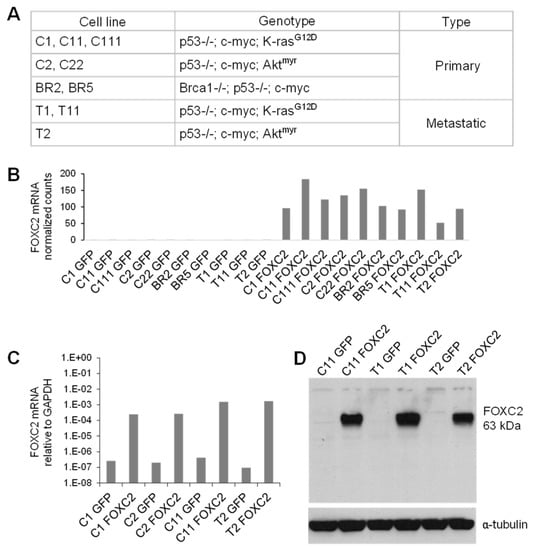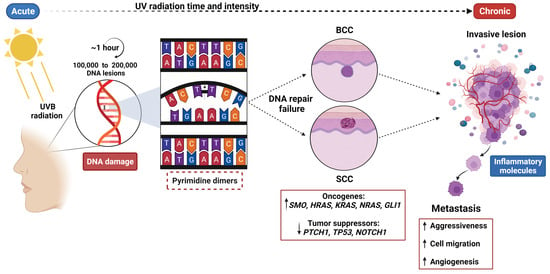Tumor Evolution: Progression, Metastasis and Therapeutic Response
A topical collection in Cancers (ISSN 2072-6694). This collection belongs to the section "Molecular Cancer Biology".
Viewed by 7141Editor
Interests: genome integrity; epigenetic regulation; gene expression; translation; viruses; molecular virology; viruses’ evolution
Special Issues, Collections and Topics in MDPI journals
Topical Collection Information
Dear Colleagues,
Recent advances in cancer genomics have revealed that solid tumors often consist of multiple genetically and spatially distinct subpopulations. In addition, cancer cells within different subpopulations can evolve, acquiring genetic and epigenetic alterations over time that affect their interactions with the tissue microenvironment and the immune system.
During tumor progression, these evolutionary dynamics have the potential to generate subclones that are resistant to drug therapy or have metastatic potential. Understanding the molecular mechanisms driving cancer heterogeneity, evolution, chemoresistance, invasion, migration and distant colonization is helping us to identify promising biomarkers for therapeutic targeting.
For this Topical Collection of Cancers, we invite authors to submit contributions that provide novel findings in the field of cancer progression and evolution. In particular, we solicit papers providing insights in areas including but not limited to tumor heterogeneity, mutation acquisition, DNA repair, epigenetic deregulation, transcriptional plasticity, chemoresistance and therapeutic response, immune escape, tumor microenvironment, recurrence and metastasis with respect to tumor evolution. Reviews that highlight new findings in the above areas are also welcome.
Dr. Theodoros Rampias
Collection Editor
Manuscript Submission Information
Manuscripts should be submitted online at www.mdpi.com by registering and logging in to this website. Once you are registered, click here to go to the submission form. Manuscripts can be submitted until the deadline. All submissions that pass pre-check are peer-reviewed. Accepted papers will be published continuously in the journal (as soon as accepted) and will be listed together on the collection website. Research articles, review articles as well as short communications are invited. For planned papers, a title and short abstract (about 100 words) can be sent to the Editorial Office for announcement on this website.
Submitted manuscripts should not have been published previously, nor be under consideration for publication elsewhere (except conference proceedings papers). All manuscripts are thoroughly refereed through a single-blind peer-review process. A guide for authors and other relevant information for submission of manuscripts is available on the Instructions for Authors page. Cancers is an international peer-reviewed open access semimonthly journal published by MDPI.
Please visit the Instructions for Authors page before submitting a manuscript. The Article Processing Charge (APC) for publication in this open access journal is 2900 CHF (Swiss Francs). Submitted papers should be well formatted and use good English. Authors may use MDPI's English editing service prior to publication or during author revisions.
Keywords
- tumor heterogeneity
- clonal evolution
- mutations
- metastasis
- plasticity
- epigenetics
- DNA repair
- chemoresistance
- genomic instability
- tumor microenvironment
- adaptive immune resistance
Related Special Issue
- Tumor Evolution: Progression, Metastasis and Therapeutic Response in Cancers (20 articles)








